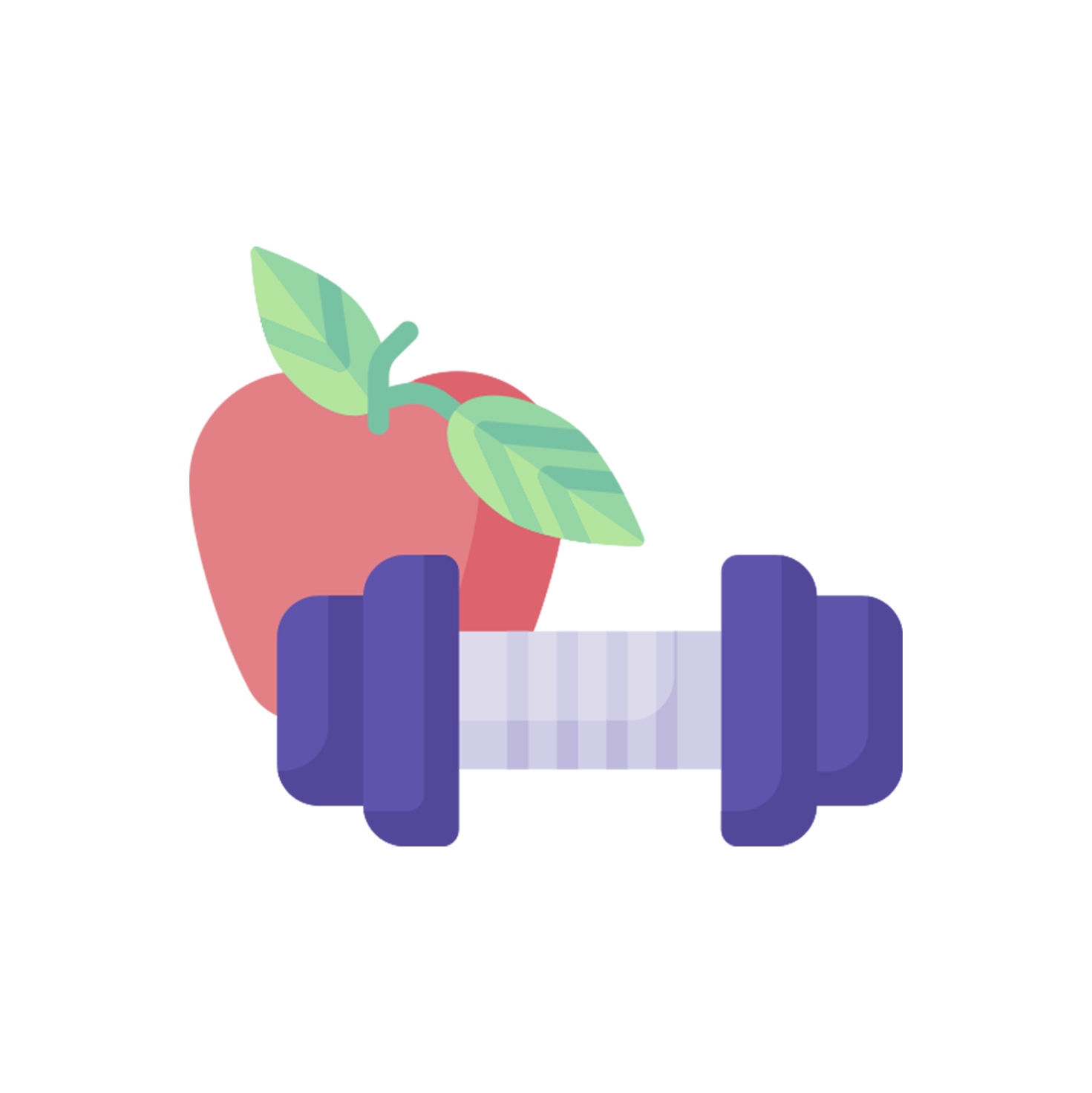Personal hygiene and social distancing are good practices to prevent the spread of COVID-19, while it is also helpful to take probiotics supplements and consume food rich in probiotics to boost the immune system.
What are probiotics?
Probiotics are good bacteria that can keep your gut healthy. There are good and bad bacteria in your digestive system, probiotics can help to restore the balance when the gut is hit with an unhealthy level of harmful bacteria.
Benefits of probiotics
Probiotics can help to maintain the function of the immune system by offering beneficial defence against excessive inflammation that occurs in the gut when there is an invasion of bacteria and viruses.
A 2014 review suggests probiotics can protect against viral infections. However, there is no clinical evidence showing that probiotics can prevent COVID-19. Nevertheless, a healthy and balanced diet together with probiotics could help strengthen our immune system during the coronavirus outbreak.
Probiotics are also thought to be helpful in treating diarrhoea, prevention against heart disease and allergies, as well as weight loss.
How to take probiotics?
Taking probiotics can help to boost the number of healthy bacteria in your hut. Lactobacillus is the most common probiotic that can be found in yogurt, especially plain Greek yogurt, and fermented foods such as kimchi and sauerkraut.
You can consider taking probiotics supplement if you do not have a regular intake of these items in your daily diet.
Probiotics in capsules, tablets, beads and yogurt have better defence against the stomach acids before colonizing your gut.
Best time to take probiotics
A number of experts recommend that probiotics should be taken on an empty stomach based on a study which shows that Lactobacillus and Bifidobacterium have the best chances of survival when taken 30 minutes before a meal.
However, timing is still not as important as long as you maintain a consistent routine of consuming probiotics.
Other studies suggest that taking supplements together with oatmeal, low-fat milk and a small amount of fat can boost the survival rates of microorganism in probiotics.
Source:
© Cigna Healthcare 2023
Information provided in this article is intended for health and fitness purposes only and is not intended for use in the diagnosis of disease or other conditions, or in the cure, mitigation, treatment or prevention of disease (see Terms & Conditions for details). Any health-related information found in this article is available only for your interest and should not be treated as medical advice. Users should seek any medical advice from a physician, especially before self-diagnosing any ailment or embarking on any new lifestyle or exercise regime. Any information contained in this article may not be suitable, accurate, complete or reliable. Cigna Healthcare accepts no responsibility for the content or accuracy of information contained on external websites or resources, or for the security and safety of using them. "Cigna Healthcare" and the "Tree of Life" logo are registered trademarks of Cigna Intellectual Property, Inc. in the United States and elsewhere, licensed for use. All products and services are provided by or through operating subsidiaries, and not by The Cigna Group.




